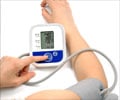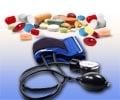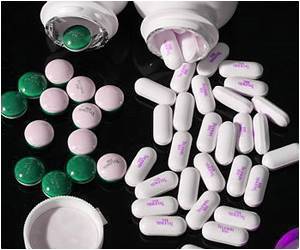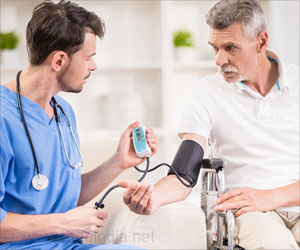- Efficacy and Safety of Nighttime Dosing of Antihypertensives: Review of the Literature and Design of a Pragmatic Clinical Trial - (https://www.ncbi.nlm.nih.gov/pmc/articles/PMC4091949/)
- Antihypertensive Medications - (https://www.ncbi.nlm.nih.gov/books/NBK554579/)
- Bedtime BP Meds May Cut Heart Risk by Almost Half : Large Randomised Study - (https://www.ncbi.nlm.nih.gov/pmc/articles/PMC8802365/)
- Management of Nocturnal Hypertension - (https://pubmed.ncbi.nlm.nih.gov/19505276/)
- Comparison of the Antihypertensive Efficacy of Morning and Bedtime Dosing on Reducing Morning Blood Pressure Surge - (https://www.ncbi.nlm.nih.gov/pmc/articles/PMC7870267/)
- Chronotherapy with conventional blood pressure medications improves management of hypertension and reduces cardiovascular and stroke risks - (https://pubmed.ncbi.nlm.nih.gov/26657008/)
Introduction
High blood pressure also known as hypertension is one of the leading causes of cardiovascular disease. Blood pressure lowering drugs are used to keep blood pressure under control when conservative measures like cutting down on salt, smoking, maintaining ideal body weight and practicing regular exercise fail to bring down the high pressure.
Blood pressure or Antihypertensive Tablets
Blood pressure or antihypertensive tablets are a class of drugs that are used to treat high blood pressure (hypertension). The most recommended antihypertensive medications are thiazide diuretics, calcium channel blockers, angiotensin- converting enzyme (ACE) inhibitors and angiotensin II receptor blockers (ARB).
For mild to moderate hypertension one tablet is sufficient. More than one tablet maybe required if a single tablet does not provide the desired results(1✔ ✔Trusted Source
Antihypertensive Medications
Go to source).
In an interesting observation about the blood pressure tablets, Dr.Hermida, Professor of Medicine at the University of Vigo in Spain and senior author of the Hygia Chronotherapy Trial(2✔ ✔Trusted Source
Bedtime BP Meds May Cut Heart Risk by Almost Half : Large Randomised Study
Go to source) said "The same antihypertensive medication, the same molecule, at the same dose, ingested at two different times have totally different pharmacokinetics and pharmacodynamics and therefore they behave as two totally different medications."
What is Nocturnal Hypertension
Nocturnal hypertension is a condition in which blood pressure is raised during sleep. It can even occur in people with normal daytime blood pressure. Medical conditions that trigger nocturnal hypertension include diabetes, thyroid problems, chronic kidney disease, and obstructive sleep apnea.
Nocturnal hypertension is a significant indicator of cardiovascular events and has become a therapeutic target for the prevention of heart disease risk(3✔ ✔Trusted Source
Management of Nocturnal Hypertension
Go to source).
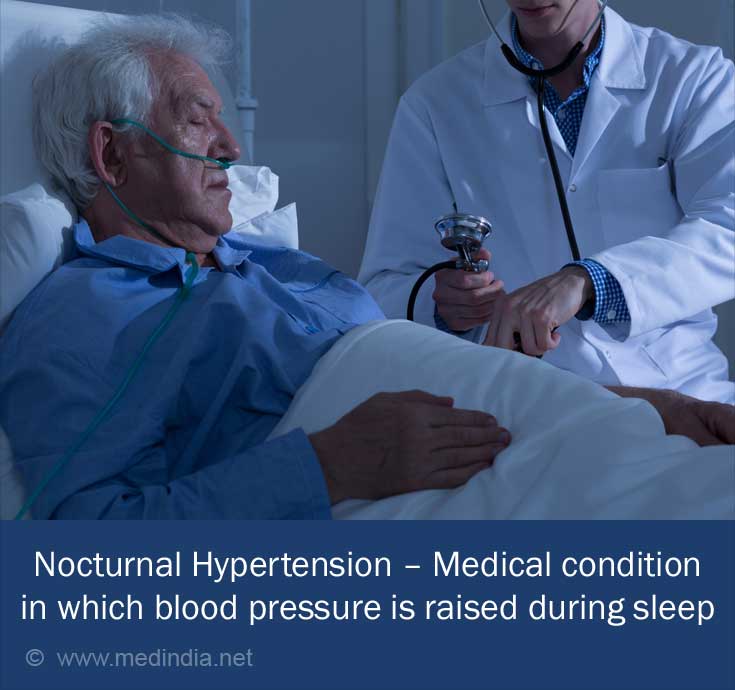
Blood Pressure Tablets: Daytime vs Nighttime Dosing
The drop in blood pressure during sleep at night is called nighttime dipping. Some hypertensive patients do not exhibit the drop in blood pressure at night (non-dippers) which may increase their cardiovascular risk.
Studies have demonstrated that administration of anti-hypertensives at night converts many patients from non-dippers to dippers.
Ramón C Hermida et al.conducted a Cochrane review on chronotherapy in hypertensive patients. This cochrane review found that bedtime dosing of antihypertensive drugs reduced nocturnal blood pressure. Bedtime dosing of one or more anti-hypertensives significantly reduced cardiovascular events(4✔ ✔Trusted Source
Efficacy and Safety of Nighttime Dosing of Antihypertensives: Review of the Literature and Design of a Pragmatic Clinical Trial
Go to source).
A surge in nighttime blood pressure can be triggered by obstructive sleep apnea, rapid eye movement sleep and nocturia.
Blood Pressure Medications
Many antihypertensive drugs such as hydrochlorothiazide, atenolol, pindolol, nadolol, enalapril, labetalol, sustained-release propranolol, nifedipine, and others have relatively short half-lives. These tablets when given as a single morning dose,.often do not reduce blood pressure during the early morning surge of blood pressure(4✔ ✔Trusted Source
Efficacy and Safety of Nighttime Dosing of Antihypertensives: Review of the Literature and Design of a Pragmatic Clinical Trial
Go to source).
ACE Inhibitors Works Better When Given at Night
Several systematic studies indicate that the angiotensin converting enzyme (ACE) inhibitors such as enalapril, captopril, lisinopril, quinapril, ramipril, benazepril, spirapril and imidapril exert significant blood pressure lowering effects when taken at bedtime and improve patient tolerance to therapy.
Administration of Ramipril at bedtime exerts significantly greater reduction of blood pressure when compared with morning dose(6✔ ✔Trusted Source
Chronotherapy with conventional blood pressure medications improves management of hypertension and reduces cardiovascular and stroke risks
Go to source).
Bedtime administration of Quinapril showed morning surge of blood pressure and greater reduction at night(4✔ ✔Trusted Source
Efficacy and Safety of Nighttime Dosing of Antihypertensives: Review of the Literature and Design of a Pragmatic Clinical Trial
Go to source).
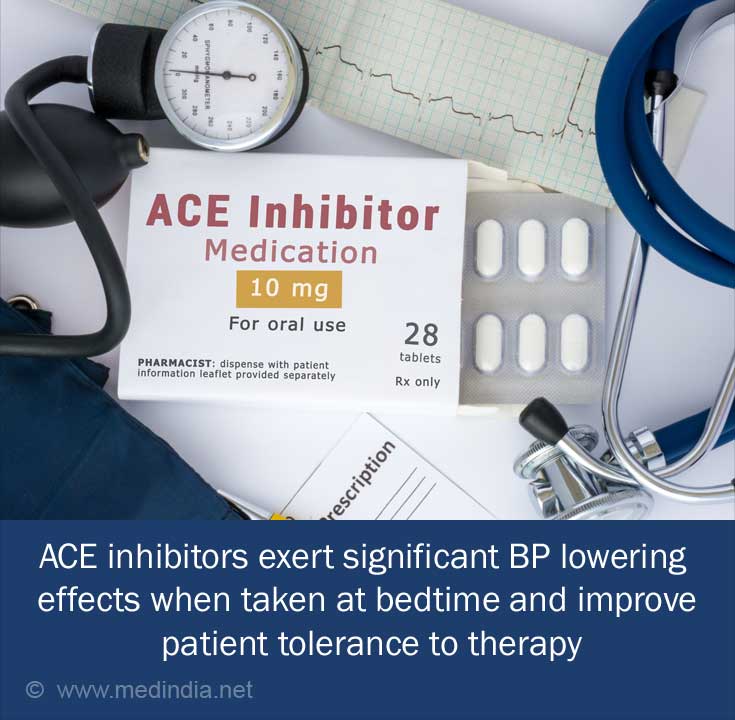
Valsartan at Bedtime
Valsartan when ingested at bedtime showed greater reduction in systolic blood pressure(6✔ ✔Trusted Source
Chronotherapy with conventional blood pressure medications improves management of hypertension and reduces cardiovascular and stroke risks
Go to source).
Bedtime Nifedipine and Stroke Risk Reduction
A study showed that there was a greater reduction in risk factor for stroke and greater rise in morning blood pressure when Nifedipine was given in the evening rather than in the morning. Bedtime administration of nifedipine exerts greater reduction in the incidence of edema from 13% to 1%(5✔ ✔Trusted Source
Comparison of the Antihypertensive Efficacy of Morning and Bedtime Dosing on Reducing Morning Blood Pressure Surge
Go to source).
Other anti-hypertensives including α-blocker (doxasin), β blocker (carvedilol) and loop diuretic (torasemide) exert enhanced asleep blood pressure reduction and longer duration of blood pressure lowering effect when ingested at bedtime rather than in the morning(6✔ ✔Trusted Source
Chronotherapy with conventional blood pressure medications improves management of hypertension and reduces cardiovascular and stroke risks
Go to source).
Antihypertensives at bedtime Reduce Risk to Heart
A preliminary study suggests that anti-hypertensives taken at bedtime reduces cardiovascular events such as heart attack, myocardial infarction, stroke, congestive heart failure compared with morning dosing.
Sleep time blood pressure may be the best predictor of cardiovascular events than daytime blood pressure.
Hermida and his research team at the University of Vigo conducted a study comparing antihypertensive therapy at night-time vs daytime. The findings indicate the risk of dying from cardiovascular events was reduced by 66% during the study period(2✔ ✔Trusted Source
Bedtime BP Meds May Cut Heart Risk by Almost Half : Large Randomised Study
Go to source).
The bottom line is that blood pressure medications may confer a significant advantage if taken at night rather than in the morning and may reduce the risk of developing cardiovascular events. Therefore, it may be best to take anti-hypertensives at night before sleep(2✔ ✔Trusted Source
Bedtime BP Meds May Cut Heart Risk by Almost Half : Large Randomised Study
Go to source).
Besides anti-hypertensives even statins are best taken at night. Consult with your physicians regarding bedtime dosing of medications.


